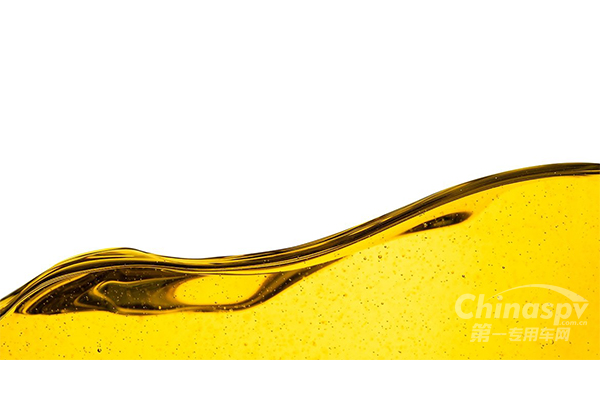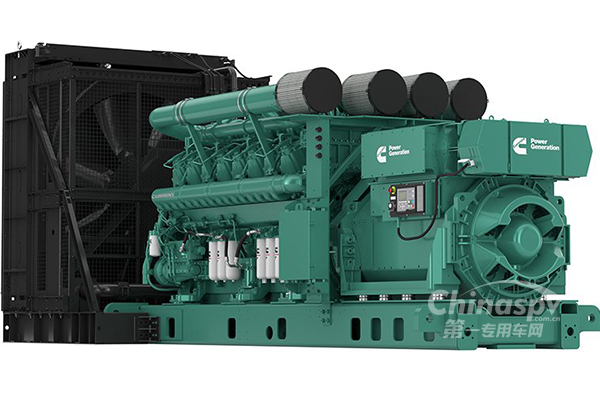HYDROTREATED VEGETABLE OIL (HVO) EXPLAINED
Date:2021-12-13 Author:Nancy Source:chinaspv.com
Cummins recently announced approval of their entire line of diesel generator sets for use with paraffinic fuels, including hydrotreated vegetable oil (HVO), when used in Power Generation standby applications. HVO is a diesel-like fuel that can be produced without fossil resources by processing renewable waste lipids.

Cummins generator sets, like the one pictured here, have been approved for use with paraffinic fuels, including HVO.
HVO provides a simple and efficient alternative to diesel, enabling customers to progress towards their decarbonization goals. Cummins partner, Microsoft Corp., is already seeing success using HVO in Cummins QSK95 generator sets at two of its data center sites in North America, with plans to move all installations to HVO by 2023.
WHAT IS HVO?
Sometimes referred to as renewable diesel or green diesel, HVO is a low carbon fuel that is obtained by processing lipids such as vegetable oil, tallow, or used cooking oil, all made of paraffinic hydrocarbon. While HVO fuel has chemical and physical properties similar to those of diesel fuel, its fossil-free composition and low carbon content make it attractive to those seeking a sustainable fuel option. HVO can be blended and used in any proportion with diesel, allowing for ease of transition in standby applications.

WHAT ARE PARAFFINIC FUELS?
Paraffinic fuels, which include HVO as well as GTL (gas to liquid) fuels, are an alternative to diesel with low Sulphur and aromatics. They are derived from a variety of sources, the most common including natural gas, coal, plant oils and animal fats.
IS HVO DIFFERENT FROM BIODIESEL?
HVO is derived from the same feedstocks used to produce biodiesel, however, it is produced via a hydrotreated process vs. transesterification process which helps improve its oxidation stability. This means that HVO is not prone to bacterial growth in comparison with biodiesel, making HVO a great, sustainable option for standby applications.
DOES CUMMINS PROVIDE WARRANTY COVERAGE FOR ENGINES RUN ON HVO FUEL?
Cummins standard warranties apply on any generator sets approved to run on HVO fuel. Further no modifications to hardware or software are needed to run Cummins approved generator sets on HVO fuels.
HOW IS HVO DIFFERENT FROM DIESEL?
There are a few key differences between HVO and diesel fuel. HVO has approximately 7 percent less fuel density, limited aromatic and sulfur content, higher cetane value, and a bit higher H/C (Hydrogen/Carbon) ratio.
HVO fuel will also have 5 percent higher fuel consumption than diesel. Outside of this, there are no inherent differences in performance between diesel and HVO, beyond normal site and unit-to-unit variation. Constituent emissions are equivalent to or lower than they are with diesel, and existing emissions data sheets and EPA Tier 2 certifications apply while operating engines on HVO.
ISN’T HVO THE SAME AS ALL THE GAS-TO-LIQUIDS (GTL) FUELS?
Physically and chemically, both fuels are the same fuel and meet the EN 15940 fuel specification. However, HVO has a lower life cycle carbon emission as compared to GTL fuels, because HVO is produced from renewable feedstocks and GTL is produced from a fossil fuel, natural gas.
HOW READILY AVAILABILITY AND WIDELY ADOPTED IS HVO?
As a relatively new fuel source, the rate of adoption of HVO is higher in markets where the use of diesel is curtailed and supply chains are developing to serve those markets, with parts of North America and Europe leading. However, increase in demand is expected to drive growth in the supply chain and subsequently increased adoption. According to the IEA, HVO production is set to more than double from around 5.5 billion L in 2018 to 13 billion L in 2024.
Views:3546

